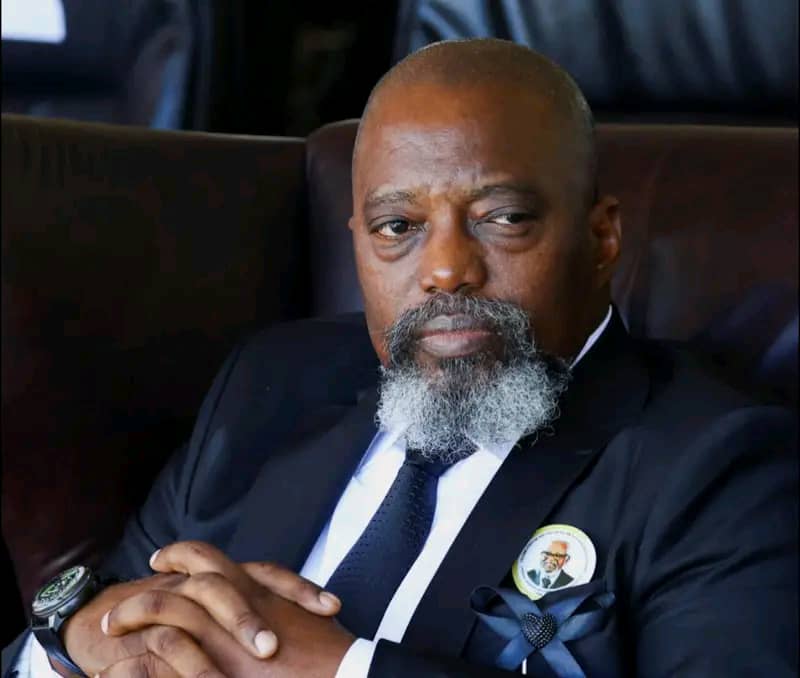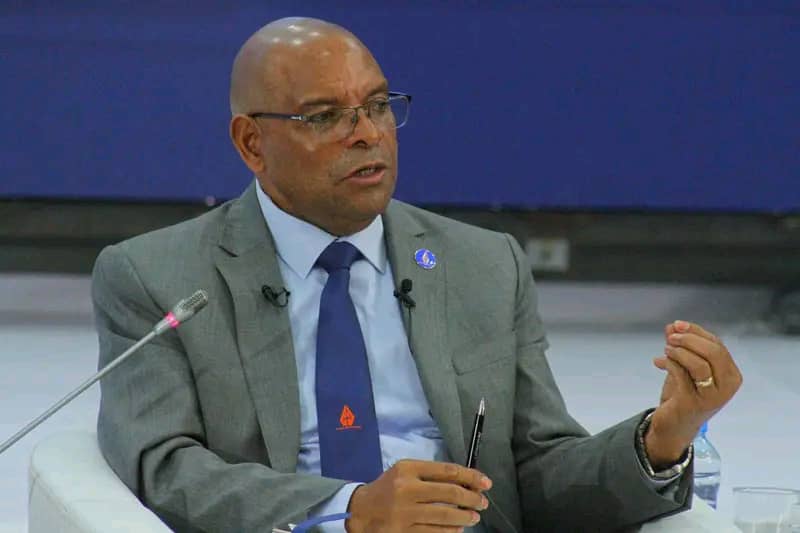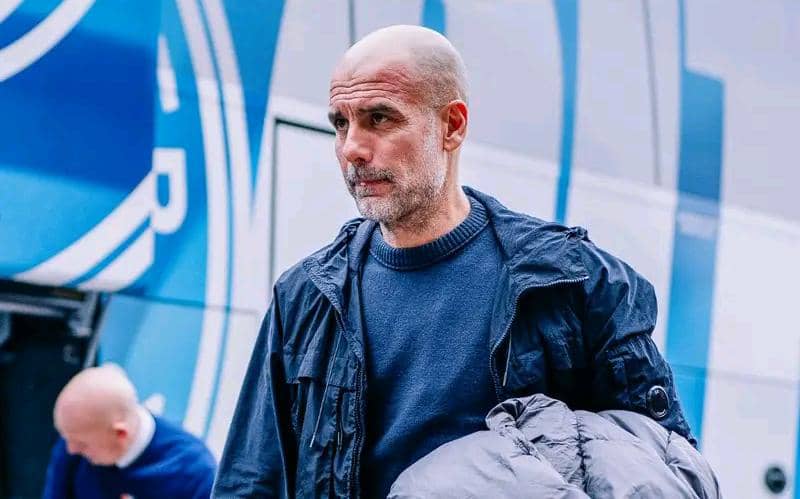By Burnett Munthali
In a landmark decision that could reshape the political landscape of the Democratic Republic of Congo (DRC), the country’s senate has voted to lift the legal immunity of former President Joseph Kabila.
The dramatic move now clears the way for Kabila to be prosecuted over allegations of treason and war crimes related to the ongoing conflict in the mineral-rich eastern region of the country.
Authorities have accused the former president of backing the notorious M23 armed group, which has seized control of several strategic towns in the east.
Prosecutors say there is a “substantial body of documents, testimony and material facts” that directly implicate Kabila in supporting the rebel insurgency.
The M23 group, which has been active in North Kivu province, has long been linked to regional instability and serious human rights abuses, including the displacement of thousands of civilians.
Joseph Kabila, 53, has not made any public comment in response to the latest accusations, though he has consistently denied any connections to the rebel group in the past.
On Thursday, nearly 90 senators voted in favour of lifting Kabila’s immunity, with only five opposing the motion.
“The senate authorises the prosecution and lifting of Joseph Kabila’s immunity,” declared senate Speaker Jean-Michel Sama Lukonde following the decisive vote.
Despite the gravity of the charges, the former president did not appear before the senate to defend himself or contest the allegations.
Kabila, who led the DRC from 2001 to 2019, was conferred the lifelong title of “senator for life” upon leaving office—a designation that granted him legal immunity from prosecution.
However, in light of the serious accusations, DR Congo’s military prosecutor formally petitioned the senate to revoke that privilege.
The former president has been residing in South Africa for the past two years, keeping a low profile amid mounting political tensions at home.
In a surprising move, Kabila announced early last month that he would return to the DRC, expressing a desire to contribute to efforts to resolve the conflict in the east.
His return now appears increasingly fraught, as legal proceedings loom and public scrutiny intensifies.
Observers say the case could set a significant precedent in the DRC, where former leaders have rarely faced judicial accountability for alleged abuses during their tenure.
The unfolding legal drama is expected to draw international attention, especially given the DRC’s strategic mineral wealth and complex geopolitical ties in the Great Lakes region.



